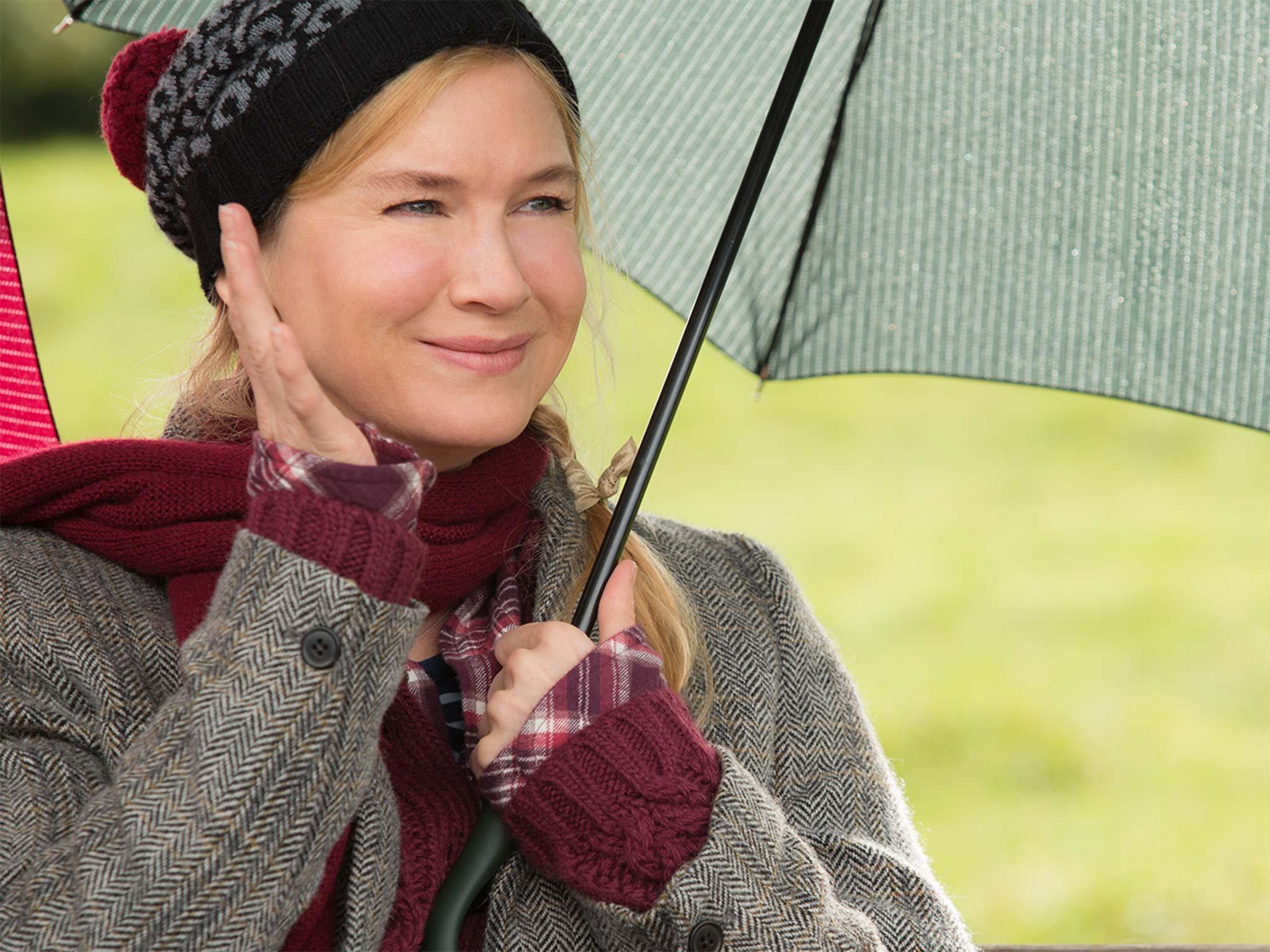If you think Bridget Jones is no longer relevant, you have forgotten what she stands for
There’s nothing gritty or edgy about Bridget singing ‘All By Myself’ on her own in a drunken haze in her flat, but the sentiment lives on more strongly than ever in a new generation of twenty- and thirty-somethings

I would not profess myself an expert on many things – but when it comes to Bridget Jones, I know the life of the fictional character inside and out. Helen Fielding’s 1995 creation of Bridget, serialised in The Independent, marked the moment when British women were finally offered a truly relatable character.
Bridget remains relevant even today. The topics that she ponders and the anxieties she navigates in Bridget Jones’s Diary, The Edge of Reason and Mad About The Boy are things we’ve all been stumped by – career troubles, relationship troubles, the intersection of career and relationship troubles (a.k.a “Is it sensible to bang my flirty boss?”), financial troubles, getting too pissed on a Wednesday night troubles...
Her relationships with men are supposedly the centrepiece of the novels (and films), but what always struck me the most about Bridget was her construction of an “urban family”. While men come and go (or get killed off – RIP Mark Darcy), her friends and their terrible advice are the real constant.
This is even more pertinent in 2016, considering that those of us in our twenties and thirties find it near impossible to own property, are even more financially unstable, and routinely have to move a long way from our hometowns to find work. The problems that Bridget faced in the 1990s are amplified in this day and age – relationship problems are far more complicated because of online dating apps, people’s financial situations are absolutely abysmal because of rising rents and stagnant wages – and more and more people are suffering from depression, anxiety and loneliness. There’s nothing gritty or edgy about Bridget singing ‘All By Myself’ on her own in a drunken haze in her flat, but the sentiment lives on more strongly than ever in a new generation of twenty- and thirty-somethings.
Bridget, in times of need, doesn’t retreat to her family home – she retreats to her “London family”, as many of her problems are family-based. For many in London now, their families are simply too far away to provide a solid support base. That “urban family” has become even more important. In that sense, Bridget Jones’s Diary was ahead of its time.

This creation of an urban family is an important aspect to consider within female friendships – any woman who lives in London and is reading this will be able to identify that support group of fellow women (or men) who get them through the trials they face in this vast and lonely city.
The support from others who are going through similar trials and can provide advice (or a few bottles of wine) is essential. A family formed of friendships is a cheap (and readily available) form of therapy – considering the waiting lists for cognitive behavioural therapy on the NHS (nearing nine months in some London boroughs, if anyone is interested), strong friendships in harsh urban environments are what keep us going.
Bridget’s relationship with Daniel Cleaver still, unfortunately, depicts an accurate representation of many workplaces today – the sexism (think Mr “Titspervert” Fitzherbert), the young women quitting because they’ve been seduced into a relationship with their (usually much older) boss and then discarded for the next new thing that walks through the lift doors, the glass ceiling compounded by sexual politics.
Bridget’s constant battle with her weight and quitting smoking is also a great comfort to many – the pursuit for perfection that never happens. Fielding showed us that we can strive to be the skinniest, or the healthiest, or the one who fits in with an ultra-chic crowd – but it’s bloody difficult, and it may just be better to accept yourself as you are. Darcy’s assertion to Bridget that she is “perfect, just the way [she is]” offers reassurance to us all. Our society demands educational excellence, career excellence, the perfect appearance – Helen Fielding, through her writing, showed us how unachievable these expectations are, and how you can still have a happy ending even if you don’t attain all of those impossible goals.
Fielding’s Bridget Jones is spectacular – because, for so many female readers, she created someone who felt like a best friend. No woman is truly alone if she has a copy of Bridget Jones’s Diary on her bedside table. Naysayers about her latest film must have forgotten what she stands for.
Join our commenting forum
Join thought-provoking conversations, follow other Independent readers and see their replies
Comments
Bookmark popover
Removed from bookmarks